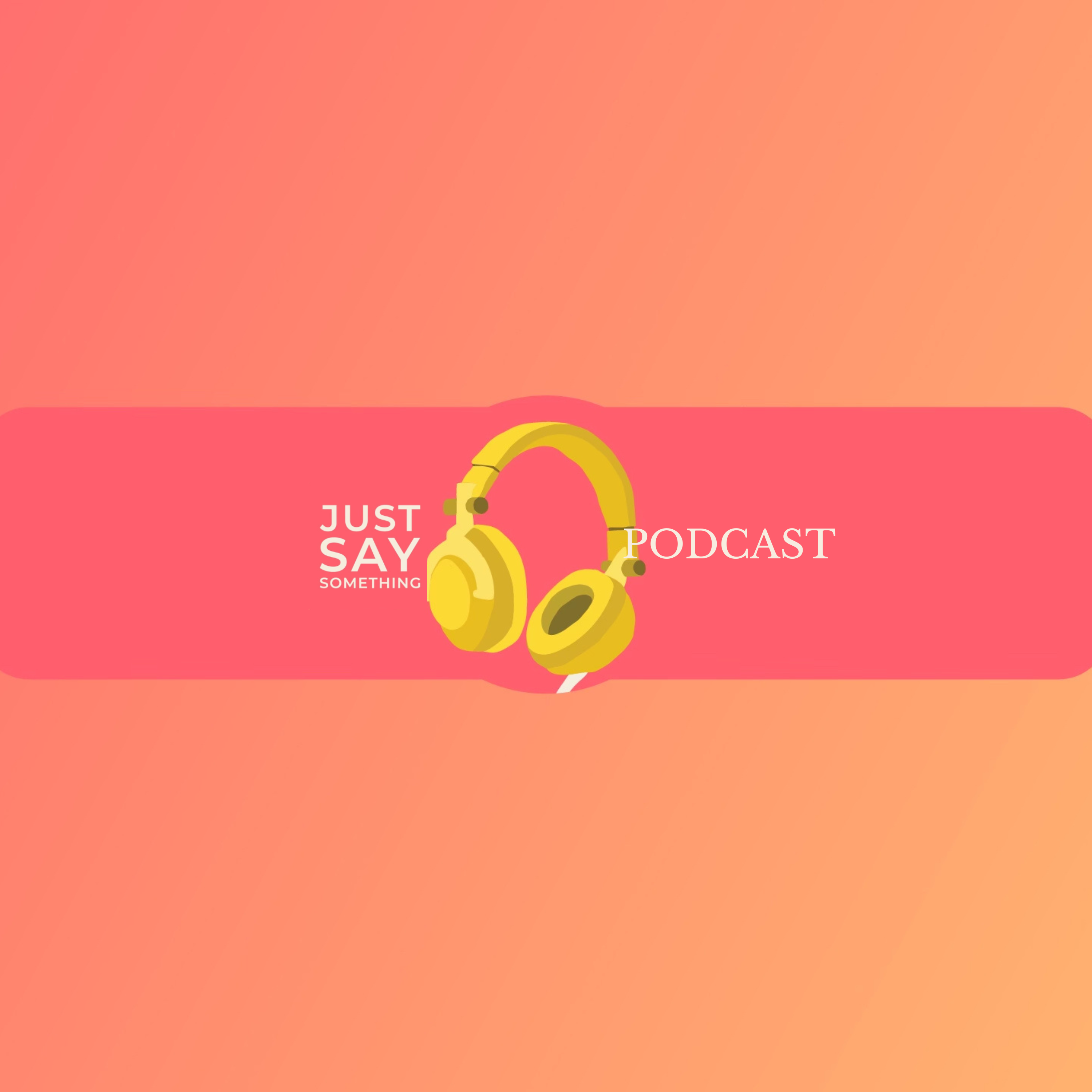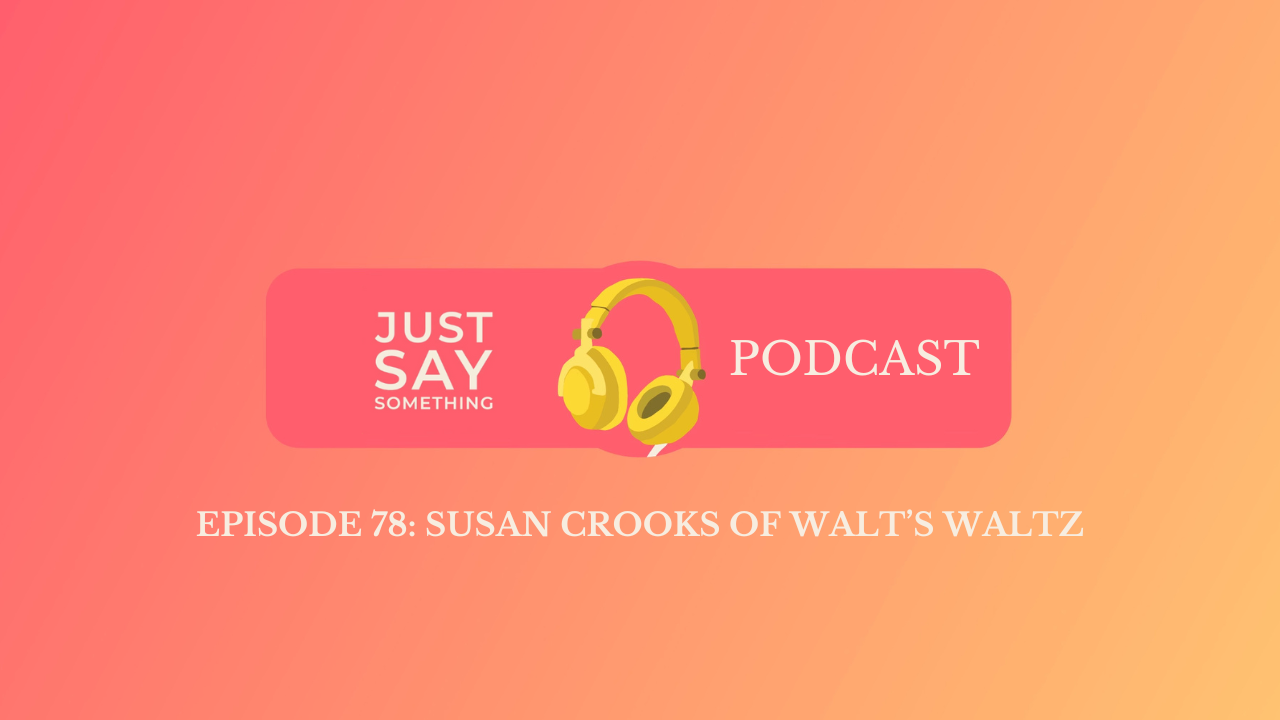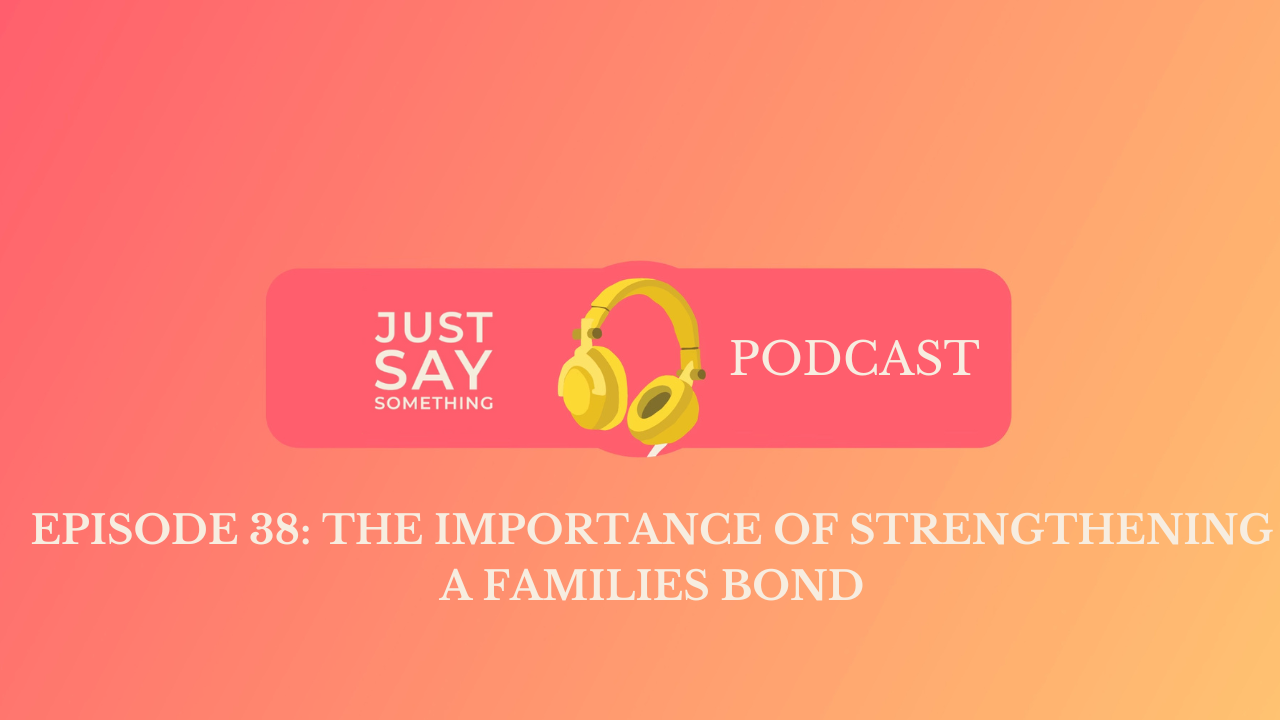[00:00:00] Foreign hello, and welcome back to Just say Something podcast. I'm Philip Clark, your host and CEO of Just say Something. And so today we're kicking off National Poison Prevention Week, which is the week of March 16th this year.
[00:00:30] This year's theme is when the Unexpected Happens. Poison Help is here for you.
[00:00:39] We'll be discussing the importance of poison prevention in your home and community and the critical resources available when you need them the most.
[00:00:52] Please follow, like, subscribe, rate and comment and share our podcast. You can find it on YouTube and all major podcast platforms.
[00:01:09] So did you know that every 15 seconds someone calls a poison center somewhere in the United states?
[00:01:19] That's over 2 million calls annually.
[00:01:24] Poisonings can happen to anyone at any age and often when we least expect it.
[00:01:32] Whether it's a toddler getting into cleaning supplies, a teen experimenting with substances, or an adult accidentally taking the wrong medication doses, poisoning does not discriminate.
[00:01:48] So let's start with the basics.
[00:01:51] What exactly is considered poisoning? A poisoning occurs when someone swallows, breathes, touches, or gets injected with a substance that can cause sickness or death.
[00:02:07] These substances can be medications, household products, chemicals, plants, and even for some people, certain foods have specific allergies to can cause a lot of issues.
[00:02:28] What's important to understand is that almost anything can be poisonous if it's used in the wrong way, in the wrong amount, or by the wrong person.
[00:02:42] Many of us tend to think poison as something obvious, like a bottle with a skull and crossbones on it. But everyday items can be just as dangerous in certain situations. In fact, some of the most common poisons involve everyday household items like cleaning products, pain medication, cosmetics, and personal care products.
[00:03:15] Even vitamins and supplements can be dangerous if taken incorrectly.
[00:03:21] This year's theme for National Poison Prevention Week is When the Unexpected Happens. Poison help is here for you.
[00:03:32] So let's talk about what poison help actually is. The poison hotline is 1-800-222-1222, and it connects callers with their local poison Center. It's available 24 hours a day, seven days a week, 365 days a year, including holidays.
[00:03:57] And here's what's really important. It's completely free.
[00:04:02] The line is staffed by nurses, pharmacists, and other medical professionals who are specifically trained in toxicology.
[00:04:12] What makes poison help so valuable is the range of situations they can assist with.
[00:04:19] You can call for most anything related to potential poisonings, whether you have a question about medication interactions, a child who might have swallowed something concerning, or even a snake bite, or food poisoning situations. Poison help is There no question is too small and it's always better to call if you're unsure.
[00:04:46] When you call 1-800-2, you'll be connected with your local poison center based in your or in our area code.
[00:05:00] A specialist will ask you questions about exposure, what substance was involved, how much when it happened, the age and weight of the person affected, and then they'll assess the situation and provide guidance.
[00:05:18] About 85% of poison exposure can actually be managed at home with expert guidance over the phone, which means many people can avoid unnecessary trips to the emergency room.
[00:05:34] But if medical attention is needed, the poison specialist will tell you and can give you can even coordinate with you with the emergency room services and health care providers in our area.
[00:05:52] So it's just not for emergencies. It's also for questions and prevention. Education Prevention is always the best approach, but when the unexpected happens, having immediate access to expert advice can make all the difference.
[00:06:11] So let's talk about prevention. What are some of the practical steps you can take to prevent poisoning in your home?
[00:06:23] There are several key strategies everyone should implement.
[00:06:27] First, store all medications and household products up, away and out of the sight of children.
[00:06:37] A high cabinet with a lock is ideal. Through our Power Collective initiative, you can get a lockable prescription vial to lock up your medications to help keep them away from those who don't need to get into them.
[00:06:54] For additional information, you can visit our Power Collective website to request your lockable prescription vials
[email protected] and to date we've given out approximately 60,000 lockable prescription vials here in South Carolina.
[00:07:19] Secondly, always keep products in their original containers. Never put chemicals in food containers or anything like a cup or bottles.
[00:07:30] Third, read and follow all product labels. Pay attention to warnings and dosage instructions.
[00:07:40] Fourth, install carbon monoxide detectors in your home and check them regularly.
[00:07:47] And finally, program the poison help number 1800-222-1222 into your phone.
[00:08:02] That way it will all be ways be available for you.
[00:08:06] Medication mishaps are actually one of the most common types of poisoning. Always take medications as prescribed. Don't share your prescription with others.
[00:08:18] Dispose of unused medications properly and be especially careful with medications that look similar.
[00:08:27] And a special note for households with children or older adults, consider using medication lock boxes, pill organizers or lockable prescription vials to prevent any mix ups or accidental ingestions.
[00:08:49] Now I'd like to address some common misconceptions people have about poisonings or poison treatment. There are several dangerous myths out there. One of the biggest is that you have to induce vomiting after someone has swallowed something poisonous. This advice is outdated and can actually cause more harm in many cases. The current recommendation is to call poison help first.
[00:09:22] They'll tell you exactly what to do based on the specific substance involved.
[00:09:29] Another myth is poisoning always shows immediate symptoms.
[00:09:35] Some poisons can take an hour or even days to cause noticeable effects, which is why it's important to call poison control first, even if the person seems fine initially.
[00:09:53] And finally, many people believe that natural means safe, but many plants, mushrooms and herbal products can be quite toxic.
[00:10:07] It's also important to recognize that certain groups are particularly vulnerable to poisoning. Young children, particularly those under six, are at high risk because they're naturally curious and often put things in their mouth. Older adults can also be vulnerable due to medication management challenges, especially if they're taking multiple prescriptions.
[00:10:37] And we're also seeing an increased concerns with teens and young adults who are experimenting with substances and misusing medications.
[00:10:53] For listeners who want to learn more about National Poison Prevention Week or Poison prevention in general, you can visit Poison Help for resources, educational materials and more information about local poison centers.
[00:11:14] Many poison centers also offer free educational programs for communities, schools and health care providers. Remember, poison prevention is important all year round.
[00:11:29] Program 1-800-222-1222 into your phone right now and remember, when the unexpected happens, Poison Help is here for you.
[00:11:43] Again. If you need a lockable prescription vial, visit powercollectivesc.com and order them or find your local resources they there.
[00:11:58] We will be back next week with another episode. And again, thank you for listening and thank you for supporting our work here at Just say Something until next week. We'll see you then.


